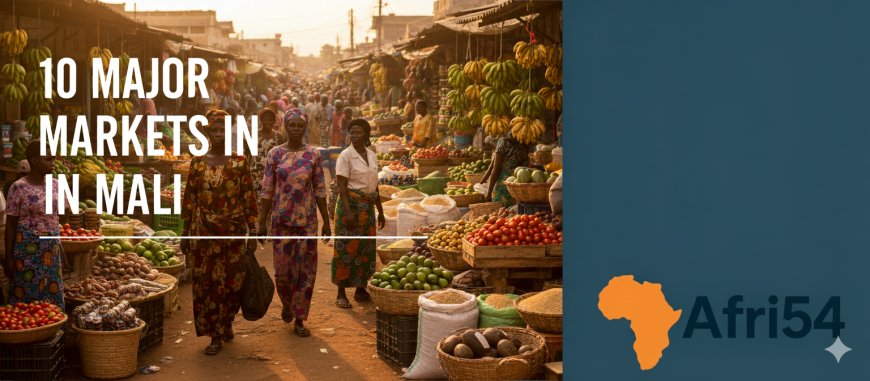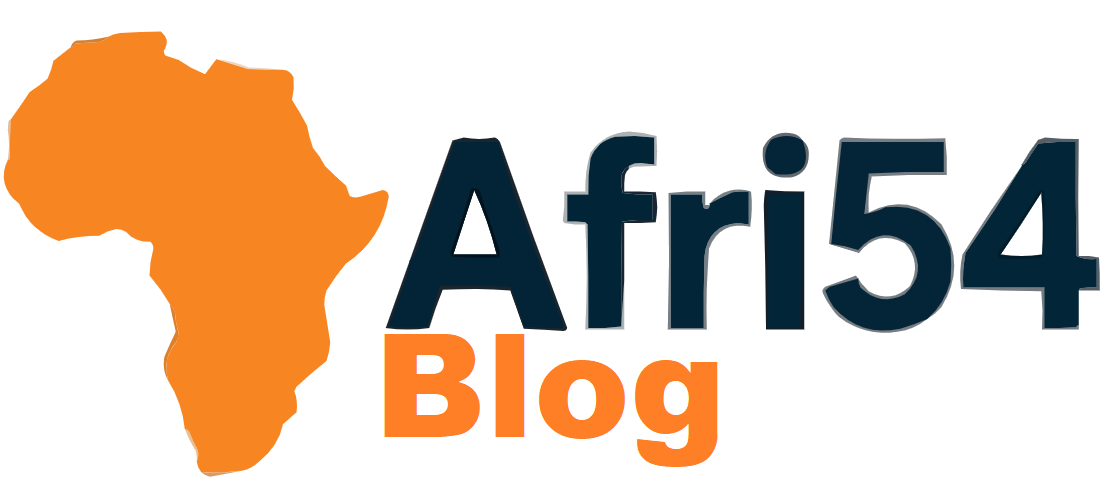10 Major Markets in Mali
Discover the 10 major markets in Mali, from Bamako’s Grand Market to Djenné’s historic Monday market. Explore Mali’s vibrant culture, trade, and heritage through its bustling marketplaces.

Reading Time: ~8 minutes
Mali, a landlocked country in West Africa, is known for its rich history, ancient trading centers, and cultural diversity. From the legendary city of Timbuktu to the bustling capital Bamako, markets in Mali remain the heart of commerce and community life. They offer everything from agricultural products and textiles to traditional crafts, jewelry, and livestock, reflecting Mali’s vibrant trade heritage.
Here are 10 major markets in Mali you should know.
1. Bamako Grand Market (Bamako)
The largest market in Mali’s capital city, it is a sprawling hub offering clothing, jewelry, crafts, spices, household items, and agricultural produce.
2. Medina Market (Bamako)
Located in Bamako’s Medina area, this market is famous for traditional fabrics, leather goods, and food items, serving thousands daily.
3. Djenné Market (Djenné)
Held every Monday, this ancient market gathers traders from across the region. Known for grains, salt, livestock, pottery, and crafts, it takes place near the famous Great Mosque of Djenné.
4. Timbuktu Market (Timbuktu)
A historic trading post, Timbuktu’s market reflects its past as a trans-Saharan hub. Traders sell salt, textiles, camels, and handicrafts, attracting locals and tourists.
5. Mopti Market (Mopti)
Located along the Niger River, Mopti Market is a bustling center for fish, rice, vegetables, and woven crafts, linking river traders with city dwellers.
6. Gao Market (Gao)
A key market in northern Mali, it specializes in livestock, salt, grains, and crafts. It also plays a role in cross-border trade with Niger and Algeria.
7. Kati Market (Kati)
Close to Bamako, Kati Market is a growing hub for agricultural produce, clothing, and wholesale goods, serving as a key supplier to the capital.
8. Sikasso Market (Sikasso)
Located in Mali’s fertile south, Sikasso Market is famous for fruits, vegetables, cotton products, and traditional crafts.
9. Segou Market (Segou)
Known for fish, calabashes, fabrics, and agricultural products, Segou Market also has a strong artistic presence linked to the city’s cultural festivals.
10. Kayes Market (Kayes)
Near Mali’s western border, Kayes Market thrives on livestock, grains, and imported goods, serving as a trade point with Senegal.
Why Mali’s Markets Matter
Markets in Mali are not just economic spaces—they are cultural crossroads. They preserve ancient trading traditions, support small-scale farmers, and promote handicrafts that tell the story of Mali’s heritage.
Final Thoughts
From the historic Monday market of Djenné to the modern bustle of Bamako, Mali’s markets reveal the resilience and creativity of its people. They remain vital hubs of livelihood, trade, and culture.
Have you listed your business on Afri54?
Afri54 exists to solve a fundamental challenge faced by millions of African businesses: lack of visibility. Whether you're an automobile part seller in Lagos, a local attire manufacturer in Kigali, a coffee exporter in Addis Ababa, or a mobile phone supplier in Accra, you deserve to be seen.
👉 Join now






















